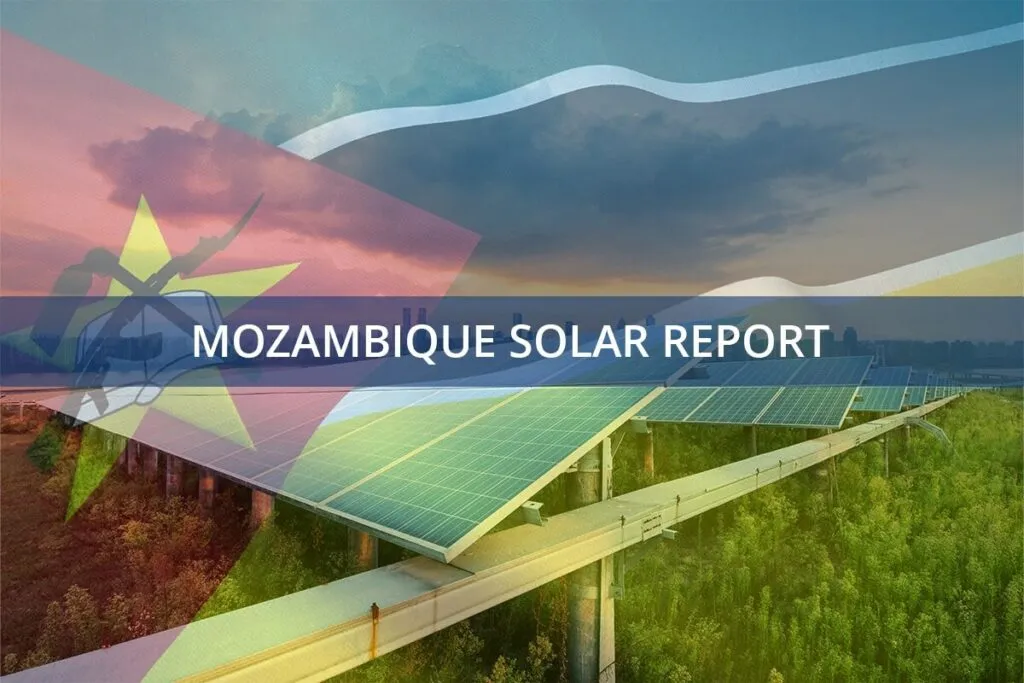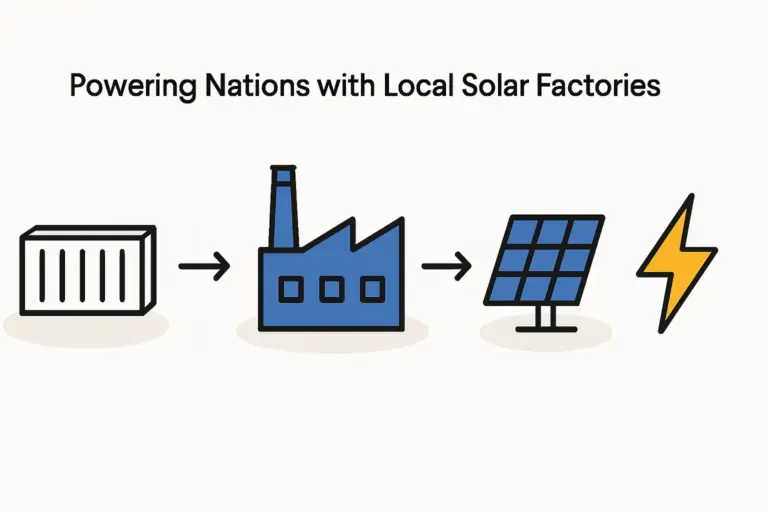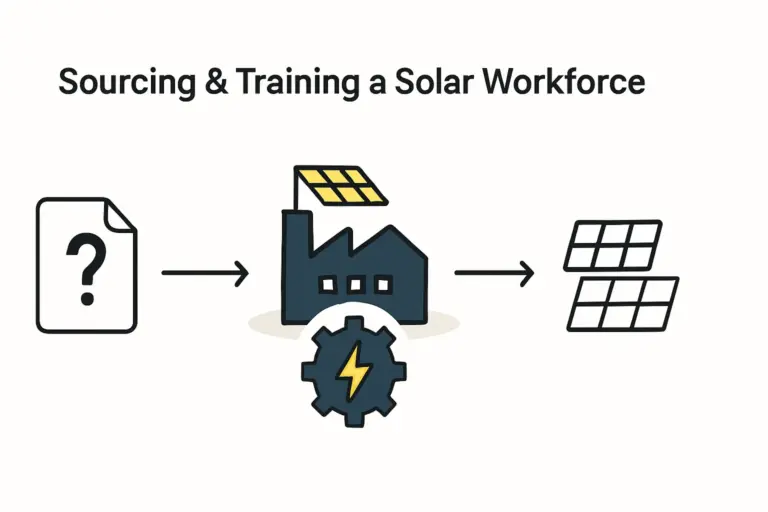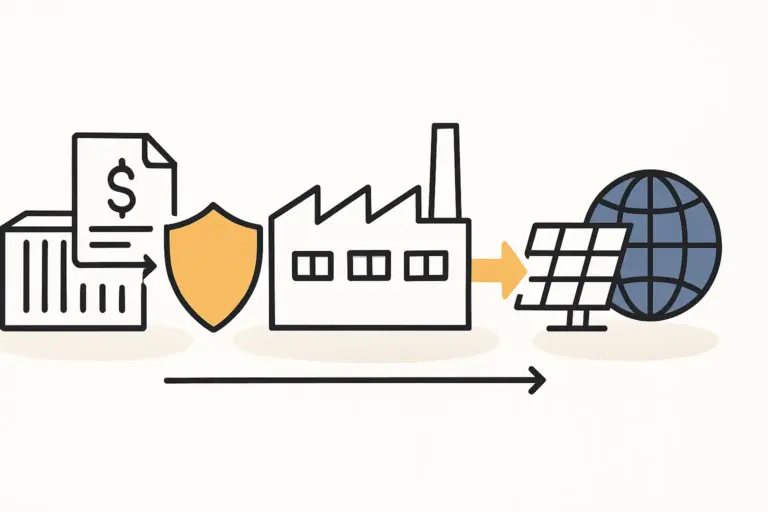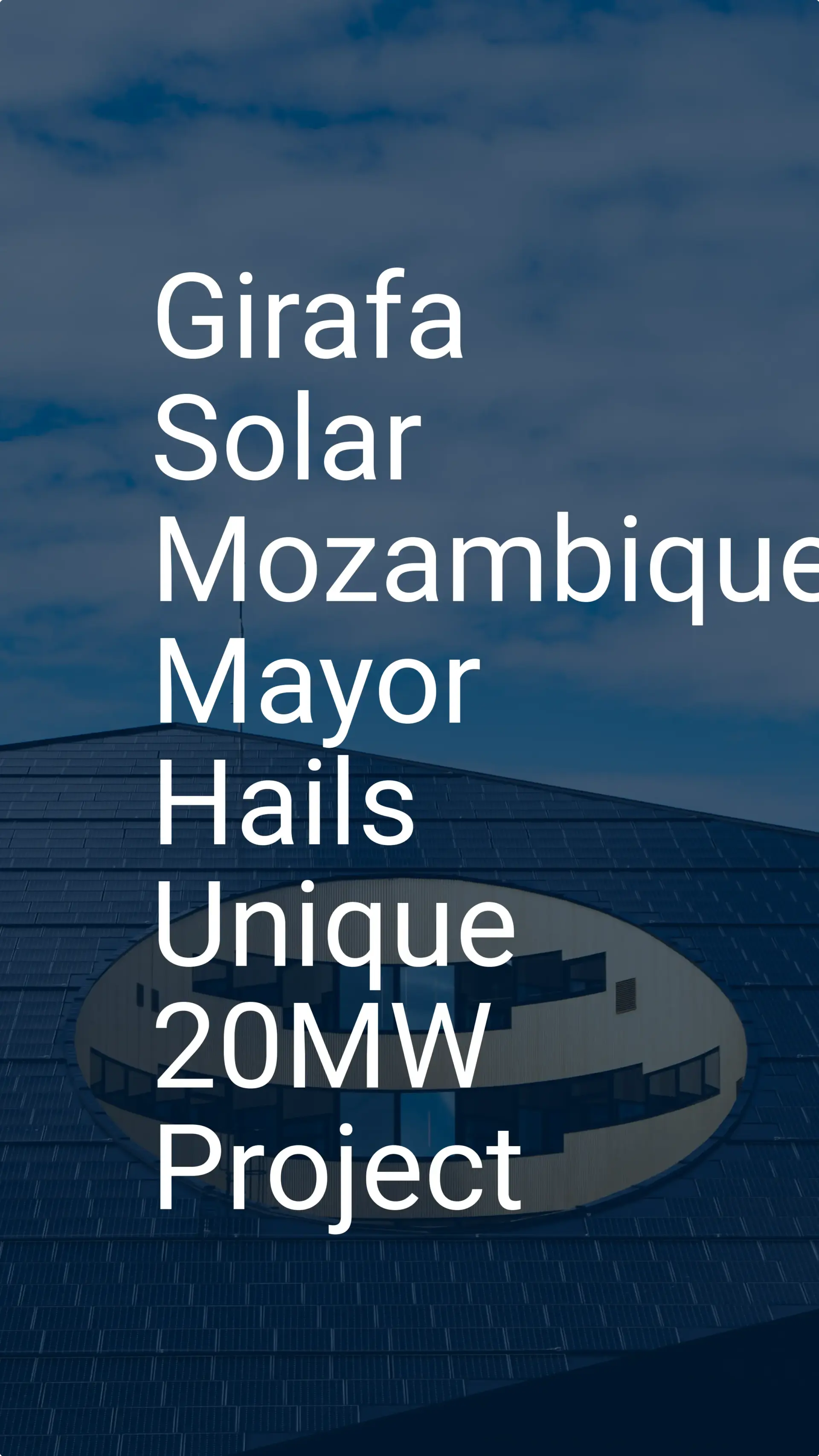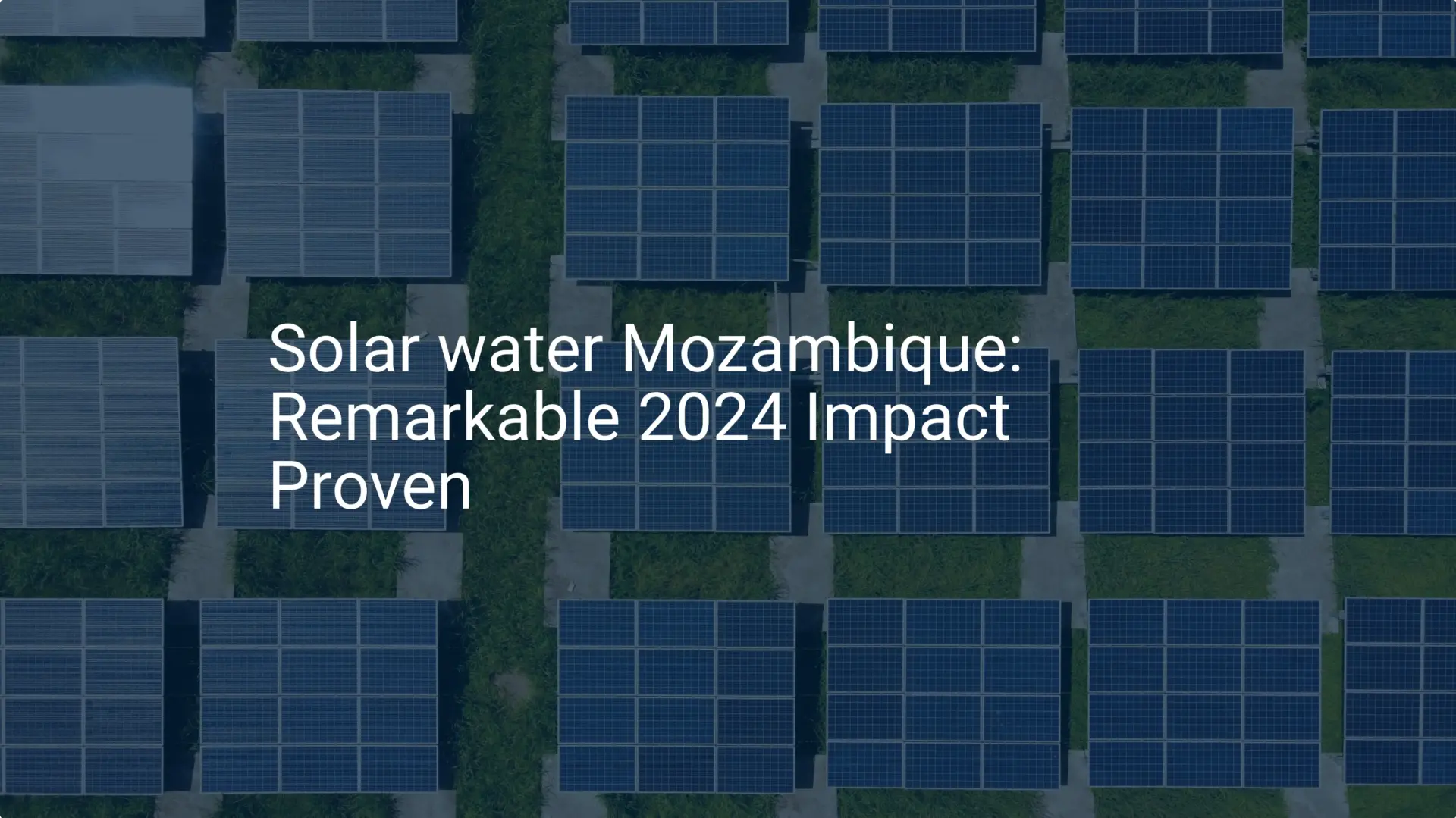An entrepreneur’s journey into solar manufacturing is marked by several critical milestones. One of the most significant is the arrival of the first shipment of production equipment. The vessel carrying the machinery—a substantial investment representing the physical start of the new venture—is approaching the coast.
While this moment brings a sense of accomplishment, it also ushers in the operational complexities of customs clearance, port logistics, and inland transportation. Successfully navigating this phase is not a matter of chance; it requires diligent preparation and a clear understanding of local procedures. This guide provides a practical overview of the import process through Mozambique’s key ports, Maputo and Beira, for sensitive solar manufacturing equipment and raw materials.
Understanding Mozambique’s Strategic Port Infrastructure
Mozambique’s coastline is a vital economic gateway for Southern Africa. The ports of Maputo and Beira, in particular, serve not only Mozambique but also a vast hinterland that includes landlocked nations such as Zimbabwe, Zambia, Malawi, and Botswana. For many businesses, these ports offer a more direct and often more efficient route than traditional alternatives like Durban, especially for cargo destined for the region’s northern and eastern corridors.
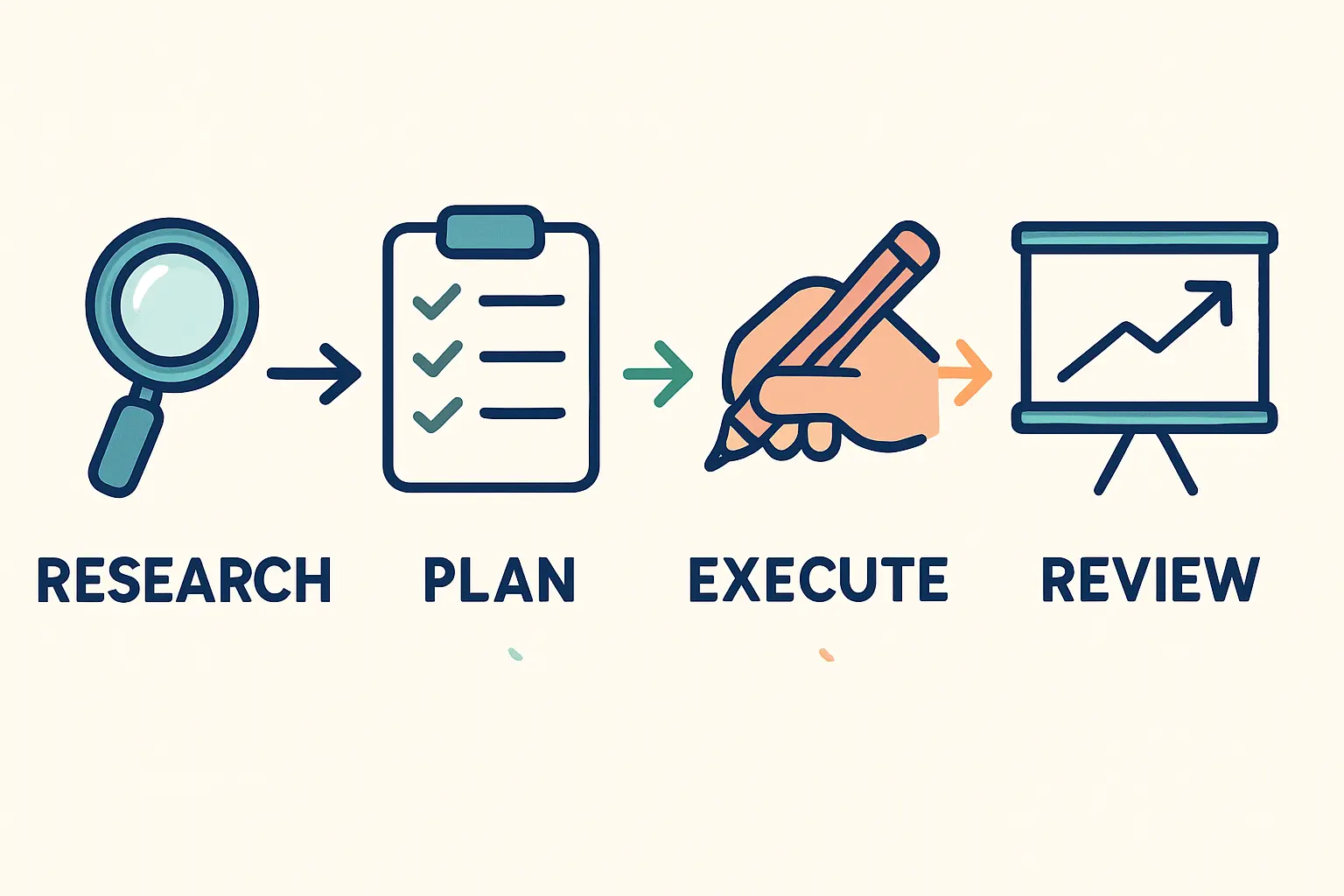
The choice between Maputo and Beira typically depends on the final destination of the goods. Beira is strategically positioned to serve the central regions of Mozambique, as well as Zimbabwe and Zambia via the Beira Corridor. Maputo, located in the south, is the primary hub for southern Mozambique, Eswatini, and parts of South Africa and Botswana. Understanding the capabilities and connectivity of each port is the first step in creating a resilient supply chain.
The Customs Clearance Process: A Step-by-Step Overview
Mozambique’s customs authority uses the ASYCUDA (Automated System for Customs Data) World system, a digital platform designed to streamline and standardize the clearance process. Navigating this system, however, requires specialized local knowledge. All commercial imports must be handled by a licensed clearing agent authorized to operate within the system.
The typical clearance process follows these key stages:
-
Pre-Arrival Documentation: Before the vessel arrives, the importer and their clearing agent must assemble all necessary documents. Incomplete or inaccurate paperwork is the most common cause of significant delays.
-
Submission of the Documento Único (DU): The clearing agent uses the commercial invoice, packing list, bill of lading, and certificate of origin to complete and submit the DU, Mozambique’s official customs declaration form.
-
Customs Assessment and Payment: The system assesses the declared goods to determine the applicable duties and taxes. Once the assessment is complete, an invoice is generated for payment of customs duties and Value Added Tax (VAT), currently at 16%.
-
Physical Inspection (If Required): Customs authorities may flag a shipment for physical inspection to verify that its contents match the declaration. This is a standard procedure, and importers should factor this possibility into their timelines.
-
Release of Goods: Once all duties and taxes are paid and any inspections are completed, customs issues a release order, authorizing the cargo to be moved from the port.

Key Challenges and Considerations for Solar Manufacturing Imports
Importing high-value, sensitive industrial equipment presents unique challenges compared to standard consumer goods, requiring entrepreneurs in solar manufacturing to plan accordingly.
Handling Sensitive Equipment
Solar module production lines include delicate and technically complex machinery. A key piece of equipment like a solar module stringer machine contains precision robotics and sensitive electronic components that can be damaged by improper handling or exposure to the elements. Working with logistics partners who have experience with industrial machinery and can ensure careful loading, unloading, and transport is crucial.
Managing Raw Material Integrity
The quality of a finished solar module depends heavily on the quality of its inputs. Key raw materials for solar panel manufacturing, such as Ethylene Vinyl Acetate (EVA) film, are sensitive to high temperatures and humidity. During transit and storage in a tropical climate like Mozambique’s, these materials must be protected from environmental degradation to ensure they perform correctly in the lamination process.
Navigating Bureaucracy and Delays
While processes have been modernized, importers must plan for realistic timelines.
-
Sea Freight: Transit time from major manufacturing hubs in Asia to Maputo or Beira typically ranges from 25 to 40 days.
-
Customs Clearance: A smooth process with all documents in order can take 5 to 15 days. However, delays from paperwork discrepancies, system issues, or lengthy inspections can extend this period considerably.
-
Inland Transport: The final leg of the journey can take anywhere from a few days to over a week, depending on the distance, road conditions, and any border crossing formalities.
Based on experience from J.v.G. turnkey projects, building a buffer of several weeks into the project schedule is a prudent measure to account for potential logistical delays.

Cost Planning Beyond the Purchase Price
The final landed cost of equipment and materials is significantly higher than the supplier’s invoice. A comprehensive budget must include:
-
Port Fees: Costs for terminal handling, storage, and demurrage (fees for exceeding free storage time).
-
Customs Duties & VAT: While VAT is 16%, investigating potential exemptions is crucial. Many countries, including Mozambique, offer investment incentives that can reduce or eliminate customs duties on capital goods for manufacturing.
-
Clearing Agent Fees: A necessary operational cost for professional services.
-
Inland Transport & Insurance: These can be substantial costs, especially for heavy machinery requiring specialized trucks and comprehensive insurance.
Building a Reliable Logistics Framework
Success in importation is determined long before the ship arrives. A reliable framework rests on four pillars:
-
Select a Competent Clearing Agent: Your agent is your most important local partner. Diligently vet potential agents based on their experience with industrial equipment and their reputation for transparency.
-
Ensure Perfect Documentation: Work closely with your equipment supplier to ensure the commercial invoice, packing list, and bill of lading are 100% accurate and consistent. The smallest discrepancy can lead to major delays.
-
Secure Comprehensive Insurance: Insure your shipment from the supplier’s warehouse to your factory floor. The policy should cover damage, theft, and loss throughout the entire journey.
-
Plan Inland Transport in Advance: Coordinate with a reliable transport company well before the goods arrive. The factory must be prepared to receive the shipment, which requires careful planning within your solar panel manufacturing plant layout.
By addressing these logistical components with the same seriousness as the financing or engineering of the plant, an entrepreneur can mitigate risks and ensure a smoother start to operations.
Frequently Asked Questions (FAQ)
Q: What is a Documento Único (DU)?
A: The Documento Único is the single administrative document used in Mozambique for all customs declarations. It is the core document your clearing agent will complete and submit to the ASYCUDA World system on your behalf.
Q: Can I clear commercial goods myself without a licensed agent?
A: No. For commercial imports, Mozambican regulations require a licensed clearing agent, known as a despachante aduaneiro, to handle all customs formalities.
Q: How are customs duties calculated for solar manufacturing equipment?
A: Duties are typically calculated based on the CIF (Cost, Insurance, and Freight) value of the goods and their specific Harmonized System (HS) code. However, consulting with Mozambique’s investment promotion agency (APIEX) is highly recommended to explore incentives that may grant a full or partial exemption from duties on capital goods for new industrial projects.
Q: What are the main differences between using the Port of Maputo versus Beira?
A: The choice is primarily geographical. The Port of Beira is the logical option for projects in central Mozambique or for transit cargo to Zimbabwe, Zambia, and Malawi. The Port of Maputo better serves projects in southern Mozambique and transit cargo heading to South Africa, Botswana, and Eswatini. Your logistics provider can advise on the most cost-effective and efficient route for your specific factory location.

